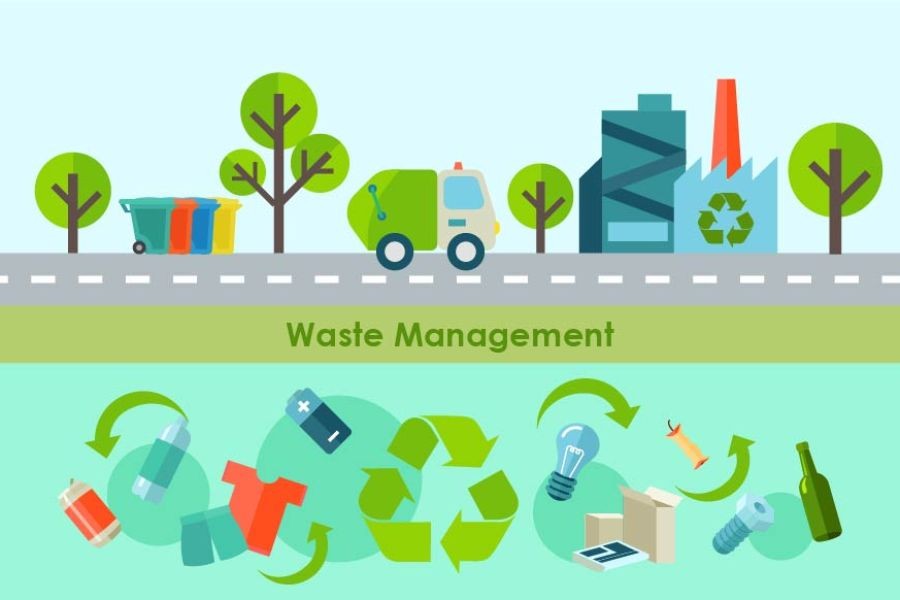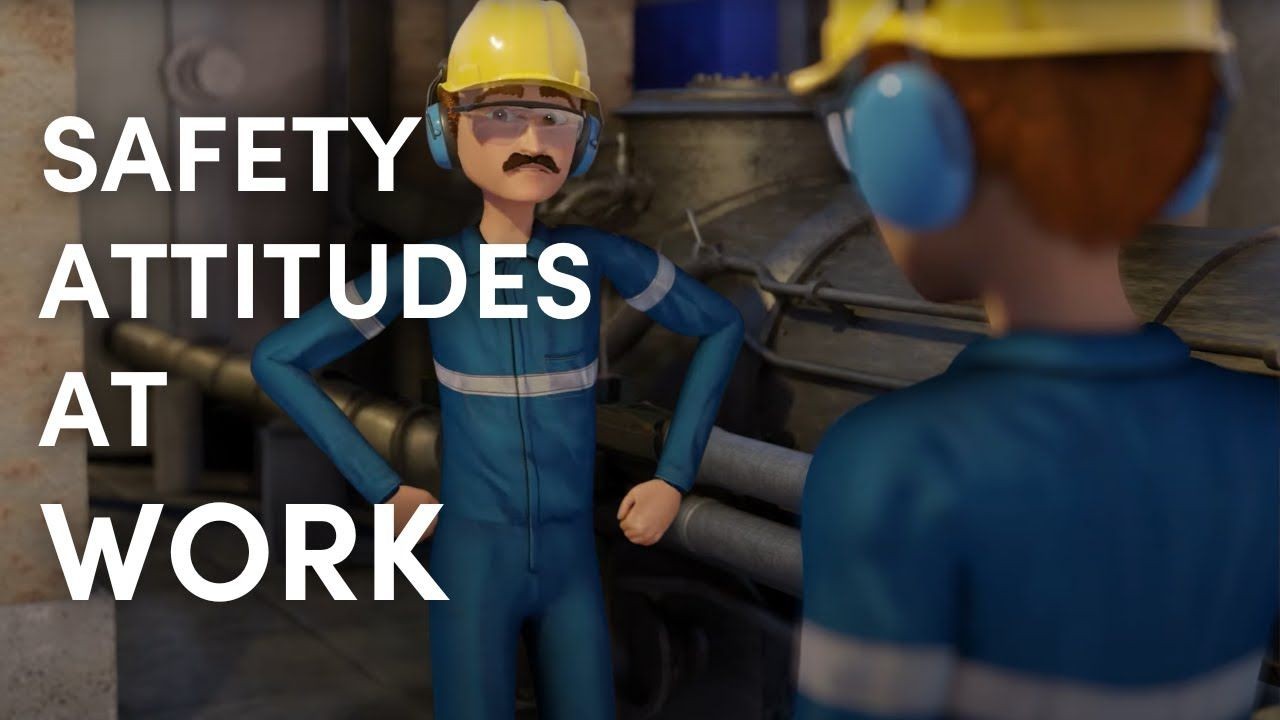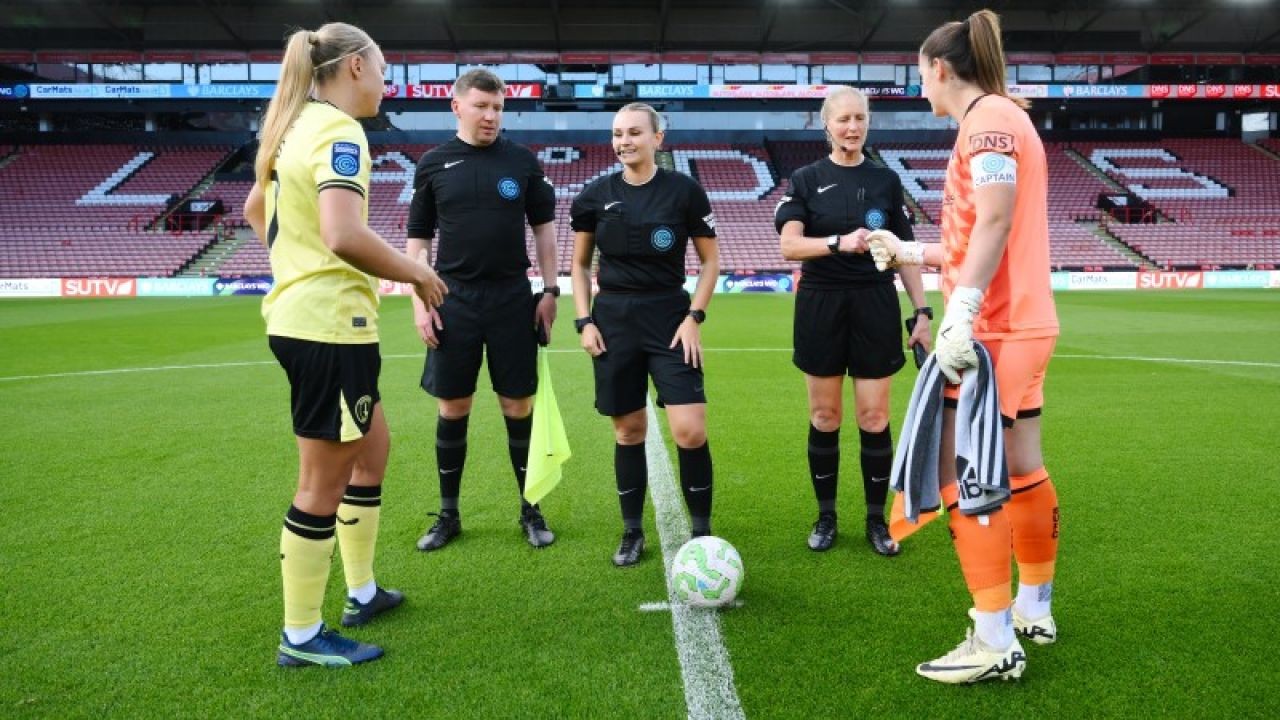In recent years, New Zealand has prided itself on its commitment to sustainability and environmental stewardship. However, when it comes to waste management, the nation faces significant challenges that undermine these values. Despite ambitious goals and policies, New Zealand's waste management system struggles to keep pace with increasing waste production and environmental demands.
Understanding the Current State of Waste Management in New Zealand
New Zealand's waste management policies have historically been seen as progressive. However, data from Stats NZ reveals that waste production has increased by 20% over the past decade. This surge is driven by population growth, increased consumerism, and industrial activities. As a result, landfills are reaching capacity, and recycling systems are under pressure.
Case Study: Auckland's Waste Management Struggles
Problem:Auckland, New Zealand's largest city, has faced significant waste management challenges. The city struggled with overflowing landfills and low recycling rates, affecting both the environment and public health.
Action:In response, Auckland Council implemented a waste minimization plan aiming to reduce landfill waste by 30% by 2025. The strategy included promoting recycling, composting, and waste reduction initiatives across households and businesses.
Result:While there has been some progress, with recycling rates improving by 15% in the first year, landfill volumes remain high due to inadequate infrastructure and public engagement.
Takeaway:This case underscores the need for robust infrastructure and public participation in waste management. New Zealand must invest in state-of-the-art facilities and education to improve outcomes.
Industry Insights: Challenges in Waste Management
Waste management in New Zealand grapples with several systemic issues:
- Limited Infrastructure: Many regions lack modern waste processing facilities, leading to inefficient waste handling and increased landfill dependency.
- Inconsistent Policies: Varied regulations across regions create confusion and inefficiencies in waste management practices.
- Public Awareness: A lack of public knowledge about proper waste disposal and recycling practices hampers efforts to reduce landfill waste.
According to the Ministry for the Environment, the absence of a unified national strategy exacerbates these challenges, leading to fragmented efforts and limited success in waste reduction.
Global Example: Sweden's Waste Management Success
In contrast, Sweden has become a global leader in waste management. The country has achieved a recycling rate of over 99% by implementing a cohesive national policy, investing in advanced recycling technology, and fostering public-private partnerships. Sweden's success highlights the potential for New Zealand to adopt a similar model, emphasizing technology and collaboration.
Pros and Cons of Current Waste Management Policies
New Zealand's waste management policies offer both opportunities and challenges:
✅ Pros:
- Increased Awareness: National campaigns have raised awareness about waste reduction and recycling.
- Policy Framework: Comprehensive policies set ambitious goals for waste reduction and recycling.
- Innovation Potential: Opportunities exist for technological innovation in waste processing and recycling.
❌ Cons:
- Inefficient Infrastructure: Lack of modern facilities hampers effective waste processing.
- Policy Discrepancies: Inconsistent regulations across regions lead to confusion and inefficiencies.
- Public Engagement: Insufficient public participation in waste management initiatives limits their impact.
Myths and Misconceptions About Waste Management
Several misconceptions persist about waste management in New Zealand:
- Myth: "Recycling alone can solve waste problems."Reality: Recycling is part of the solution, but waste reduction and composting are equally crucial.
- Myth: "Waste management is solely a government responsibility."Reality: Effective waste management requires collaboration between government, businesses, and individuals.
- Myth: "Landfills are a sustainable waste solution."Reality: Landfills are reaching capacity and harm the environment, necessitating alternative solutions.
Understanding these realities can drive more effective waste management strategies in New Zealand.
Future of Waste Management in New Zealand
Looking ahead, New Zealand has the potential to transform its waste management landscape by adopting a holistic approach. The Ministry for the Environment projects that by 2030, advanced recycling technologies and increased public-private partnerships could reduce landfill waste by 50%. Additionally, implementing standardized national policies would streamline efforts and improve outcomes.
Conclusion: A Call to Action for New Zealand
In conclusion, while New Zealand's waste management policies face significant challenges, there are opportunities for improvement. By investing in infrastructure, fostering public engagement, and adopting cohesive national strategies, the nation can achieve its sustainability goals. The time is now for New Zealand to take decisive action and lead by example in waste management.
What’s your take? Share your insights below!
People Also Ask
- How does waste management impact businesses in New Zealand?Effective waste management enhances brand reputation and can lead to cost savings through recycling and waste reduction initiatives.
- What are the biggest misconceptions about waste management?A common myth is that recycling alone can solve waste issues. However, comprehensive strategies involving reduction and composting are required for significant impact.
- What upcoming changes in New Zealand could affect waste management?By 2026, policy updates could mandate stricter recycling targets, impacting businesses and consumers alike.
Related Search Queries
- Waste management solutions in New Zealand
- Recycling rates in New Zealand
- Environmental policies in NZ
- Sustainable practices for businesses
- Landfill alternatives in New Zealand


































Wesley36Y
7 months ago